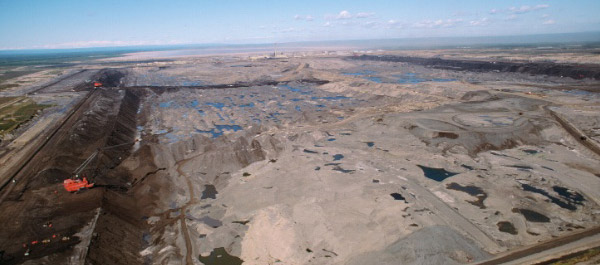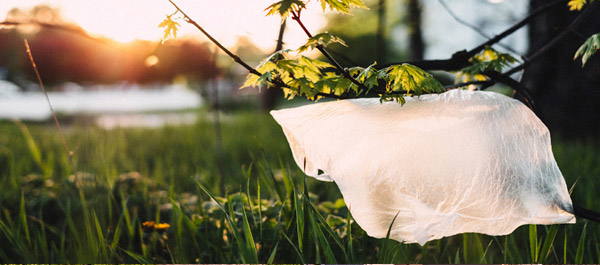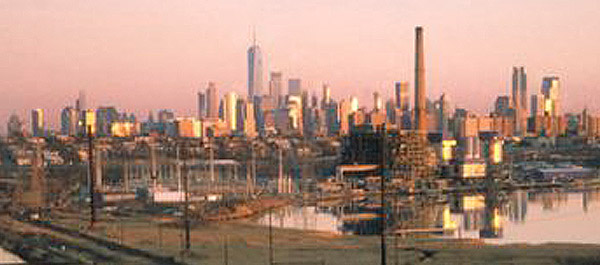
Bag Bans and Beyond
October 14, 2022
Superfund Sites
March 14, 2023Earth Day 2020: 50 Years Later

A New Beginning
On April 22nd, 1970, the United States celebrated its first Earth Day. That same day, New Jersey created its Department of Environmental Protection (NJDEP) and became the third state to unite its efforts to protect the environment. For its 50th birthday, the NJ DEP continues to send gifts. All 565 NJ municipalities will receive seedlings from a historic 500-year-old oak tree that fell last year in Salem County.
New Jersey’s History of Environmental Legislation
By 1970, New Jersey had already been a leader in Earth-friendly legislation. The Green Acres Program, founded in 1961, was a pioneering state-level initiative in land preservation, empowering the State to partner with public entities (counties, municipalities) and nonprofit organizations to acquire land from businesses and private owners in order to “Preserve and enhance New Jersey’s natural environment and its historic, scenic, and recreational resources for public use and enjoyment.” Due in part to this program, every county in NJ has its own park agency. The Monmouth County Park System, for example, has become a nationwide model for creation of parks and preservation of open space.
Environmental improvements are continuing in NJ. In 1989, Governor Thomas Kean signed Executive Order 215, requiring all state-funded projects to submit an environmental assessment or “impact statement.” In 1995, the Blue Acres program was established, allowing the NJDEP to buy flood-prone properties in order to clear the land as a protective measure against future flooding. And in 1998, the people of NJ voted to approve $98 million annually in funding to preserve farmland and historic and recreational spaces. Most recently, NJDEP has added a number of streams and waterways to the higher level of “Category 1” protection, which expands the buffers within which building and development can occur.
The Role of Environmental Engineering
Environmental remediation plays an important part in cleaning up once tainted property and making land available for preservation and beneficial public use. Thanks to new technologies and advanced methods of remediation, land considered toxic can be cleaned to standards acceptable for use as parks, trails, recreation, and campgrounds. Many approved remediation techniques involve the use of organic compounds that are environmentally-friendly. Under the NJDEP Site Remediation Program, cleanup of environmentally impaired land requires an Ecological Evaluation to determine impacts to the environment. And the creation of “green infrastructure” is being considered in many urban areas of NJ to control flooding and create open space.
Garden State Nonprofits Dedicated to Conservation
Along with state and county actions, nonprofits and businesses play an important role in preservation. The Geraldine R. Dodge Foundation works to preserve land, promote urban greening, and improve sustainable agriculture in NJ. Other environmental nonprofits based in NJ include the Trust for Public Land, the New Jersey Conservation Foundation, the Monmouth Conservation Foundation, Land Conservancy of New Jersey, the New Jersey Audubon, the Association for New Jersey Environmental Commissions, the New Jersey Natural Lands Trust, and many more. In fact, there are over 100 environmental nonprofit organizations based in the Garden State advocating for greater conservation laws and working alongside the NJDEP and county park agencies to preserve land, maintain public open spaces, protect wildlife, mitigate flooding and pollution.
New Jersey Businesses Supporting Conservation
The support of NJ business and industry also plays an important role in these efforts. Prudential Financial, headquartered in Newark, consistently ranks highly for acts of corporate social responsibility. Much of their focus is on sustainability, granting over one million dollars per year to parks and recreation organizations in its home city. Bristol Myers Squibb, with four major facilities in NJ, is an international leader in greenhouse gas efficiency and reduction projects. Rutgers University is a world leader in sustainability and technology.
This is a small sample of significant environmental actions by NJ public agencies, nonprofit organizations, and private businesses. Through the efforts of such organizations, NJ has preserved a combined 1.3 million acres of public open space and over 200,000 acres of farmland, in addition to reducing pollution and carbon footprints.
At Urban Verde, we believe that a sustainable and healthy environment is important to New Jersey’s future, its residents, and its’ economy. By helping communities remediate contaminated land and buildings for repurposing, we continue to support the mission of Earth Day. We are working to create a better quality of life in NJ communities.



